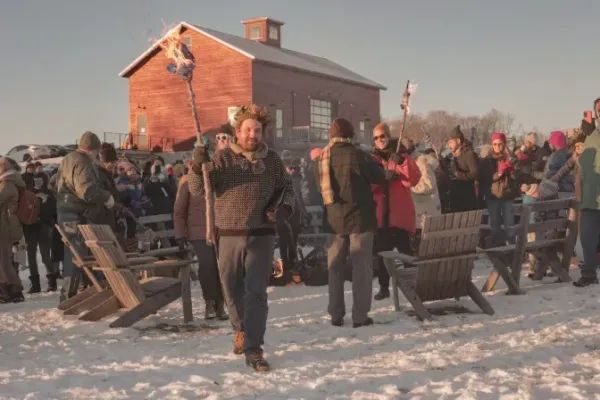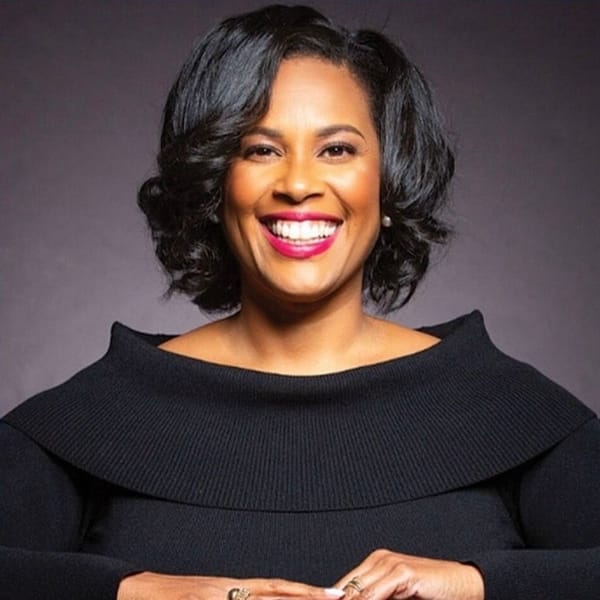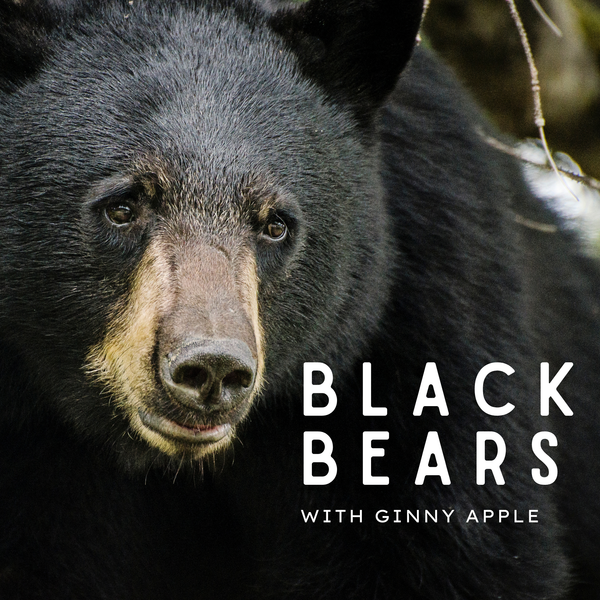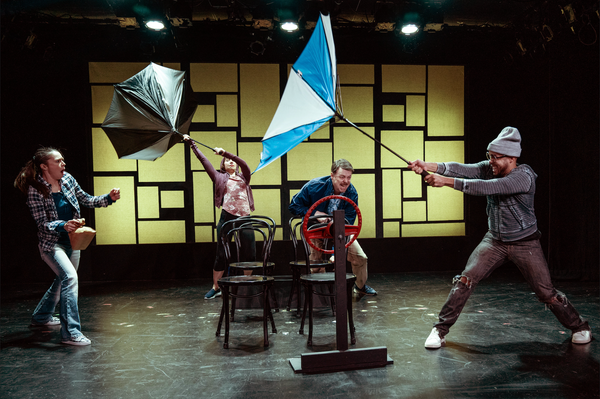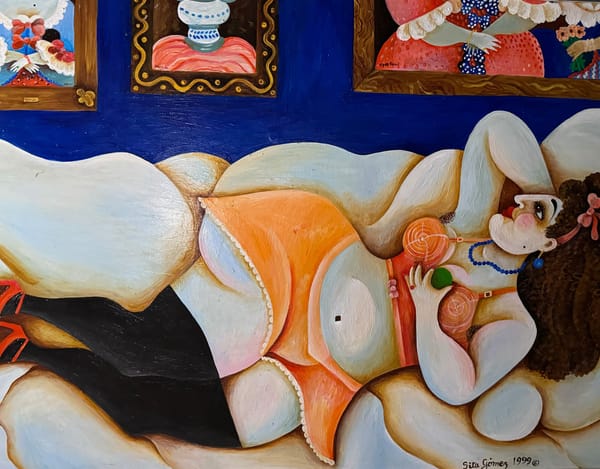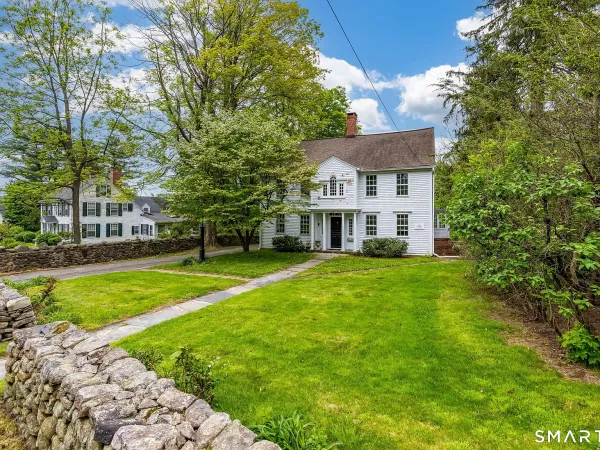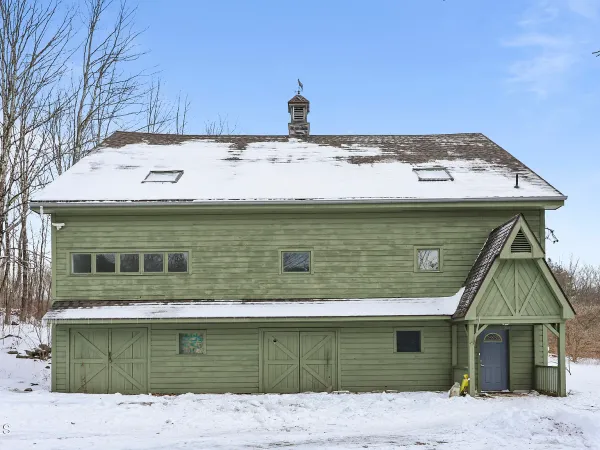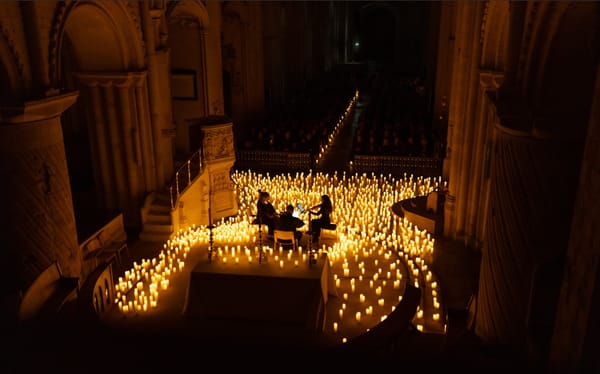The Rural We: Rabbi David Weiner
The Pittsfield rabbi talks about efforts to make the Jewish High Holidays meaningful this year despite COVID.

The Pittsfield rabbi talks about efforts to make the Jewish High Holidays meaningful this year despite COVID.
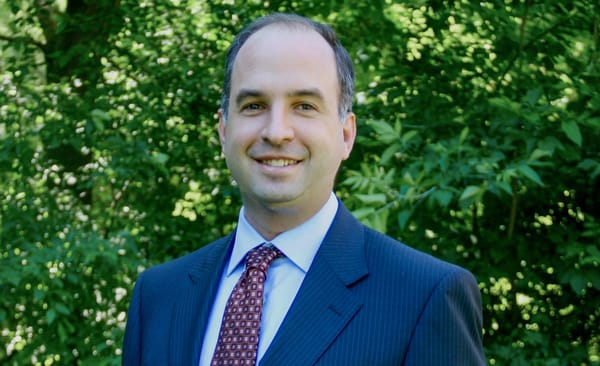
For Jews around the world, the High Holidays of Rosh Hashana and Yom Kippur this year will not look like any of the thousands before it. The High Holiday services are extremely communal and participatory, and COVID has forced congregations to find alternative ways to worship. We asked Rabbi David Weiner of Knesset Israel in Pittsfield, Mass. for words of wisdom on how those who observe can participate and find meaning in a very unconventional 10-day period, which begins Friday, Sept. 20.
I was born in Worcester, but moved to the Midwest and grew up in Chicago and southwestern Ohio. When I was in rabbinical school, I served at a congregation in Huntsville, Ala., where I became intrigued with the southern culture, and then became the rabbi at a congregation in Jacksonville, Fla. before moving to Pittsfield. This is my 12th High Holidays at Knesset Israel.
The High Holiday experience is going to be very different than what we’re accustomed to. It’s the two or three days out of the year that most Jews connected to a synagogue come in person. We’re used to people coming together for prayer, sermons, learning, programs for parents and children. It’s the opportunity to see each other and check in — with the space, and with each other. And hearing the shofar [a ram’s horn that is blown during the High Holidays] is a very moving experience for people. You can’t do all of that on Zoom or livestream.
Each individual should think about what kind of experience he or she needs to have on Rosh Hashana and Yom Kippur, and then pick those parts of what we’re providing online that would be meaningful. Some will tune into our livestream services — or those of other synagogues — or do the rituals at home. For some people the holidays are about hearing certain melodies, and our portal, RH Central, offers opportunities to click through to some of the pre-recorded musical parts of the service. Others might have Zoom gatherings with family members before their holiday meal.
Our challenges in the Berkshires are similar yet different to what everybody elsewhere is going through. The main difference is that in the Berkshires, our population kind of understood COVID right at the beginning, so our precautions flattened the curve. That’s made us feel confident about gathering a small group of congregants in the sanctuary for the livestream service. That puts us in a different place from 85 to 90 percent of my rabbinical colleagues in the U.S. I feel blessed to be in a place where we understand public health precautions.
There’s a sense of loss when you miss your holiday observance. There was a lot of that in April during Easter and for us, Passover. The High Holidays are a celebration of a new year, with the whole month leading up to it a chance to reflect on the year gone by, what we want to take with us, what we’d rather leave behind, how have we grown and changed, and how to continue to grow and change.
For the non-Jewish people in our community, I would just say, be aware that their Jewish friends or colleagues aren’t getting the holiday they want or need, and wish them a happy new year.
